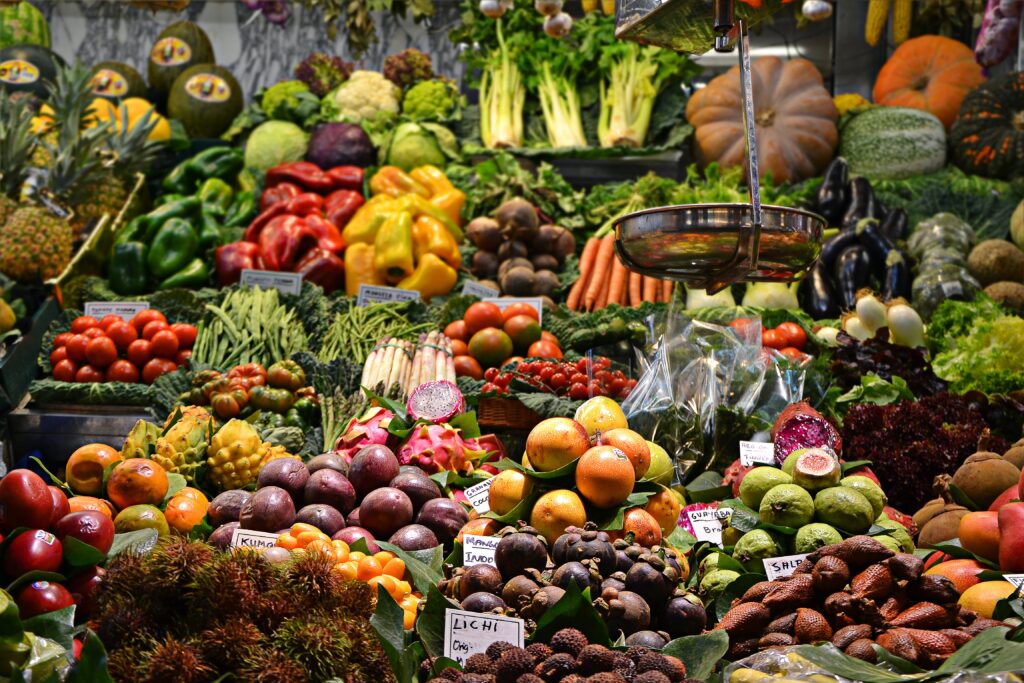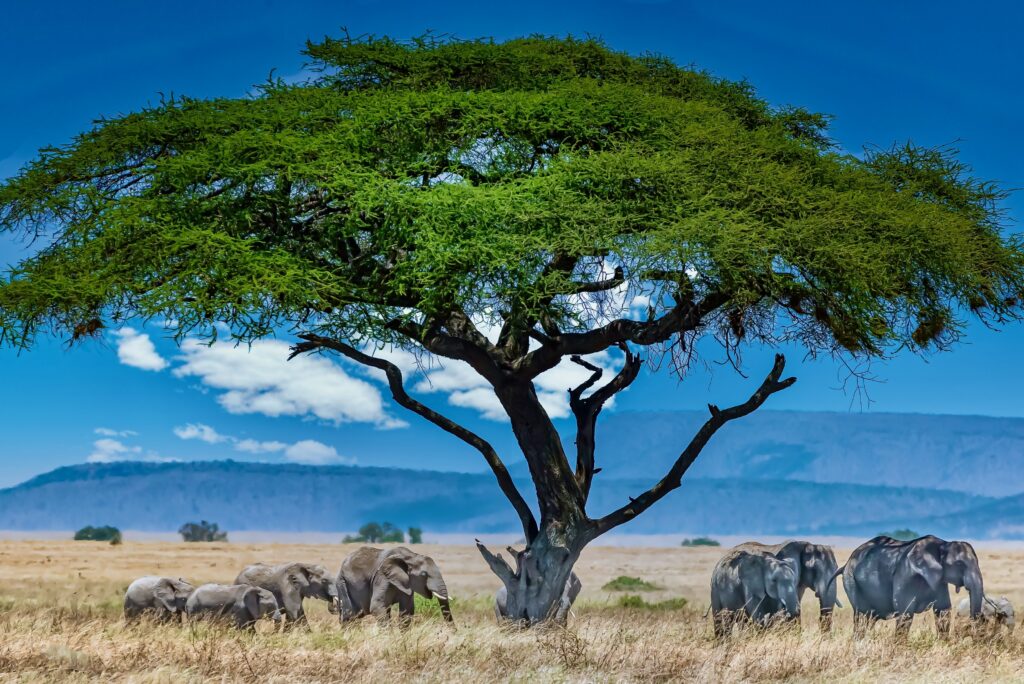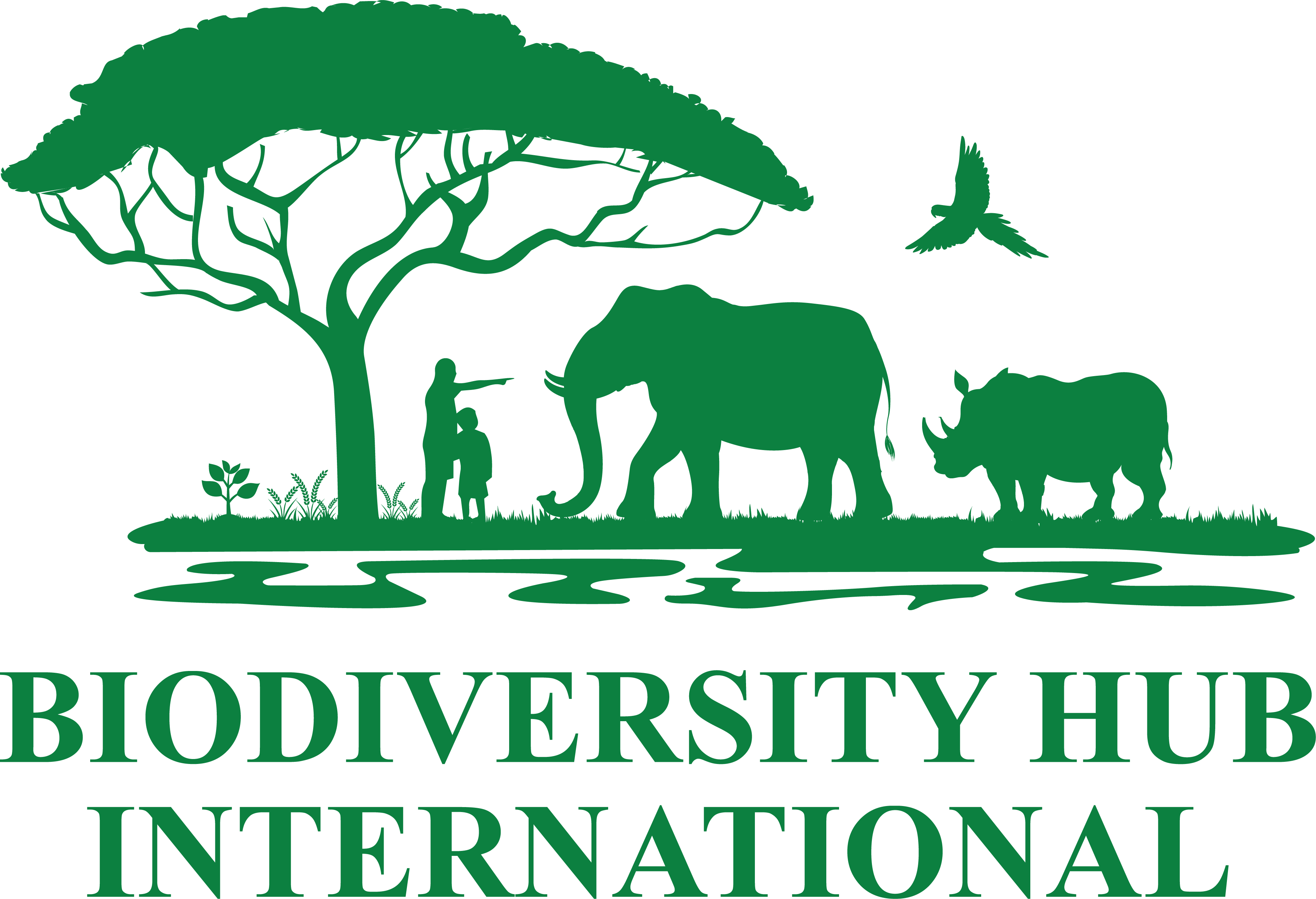Sustainability

The Earth hosts a vast wealth of natural resources, including air, water, soil, plants, animals, minerals, and land, essential for human well-being. Unfortunately, in our relatively short time on this planet, humans have overexploited these resources through deforestation, fossil fuel consumption, and ecosystem destruction, resulting in severe long-term environmental consequences.
However, there is an alternative path: BHI believes that people can prosper while using Earth’s resources sustainably, striking a balance between essential human needs and the preservation of the natural environment. A sustainable future ensures that we stay within the planet’s ecological limits while providing a high quality of life for future generations.
Promoting a sustainable way in which balancing basic human needs with the need to conserve the natural environment. A sustainable future ensures we stay within the limits of the planet and provides a strong quality of life for generations to come
GOAL
By 2025, decisions concerning significant investments in BHI priority nations and their respective land, water, and seascapes progressively incorporate sustainability and inclusivity principles, aiming for a nature-positive sustainable development approach that brings about economic advantages.
Strategic Interventions

Advocate for Eco-Friendly Development Initiatives. BHI will conduct comprehensive evaluations within critical economic sectors, gathering case studies and supporting evidence. This data will be utilized to advocate to both governments and investors, encouraging the incorporation of Environmental-Social-Governance analysis into their decision-making processes.

Advance Sustainable Systems for Food, Water, and Energy. BHI collaborates closely with strategic partners in agriculture and fisheries, focusing on creating and promoting a strategic plan for sustainable food, water, and energy systems to address both immediate and long-term needs

Making a case to Shift towards Sustainable Infrastructure and Responsible Resource Industries. BHI will actively interact with infrastructure and resource industries in priority BHI regions, encouraging practices that prioritize conservation outcomes and sustainable operations.

Tackle Market Forces in Partnership with Collaborators. BHI, in collaboration with partners, will identify and influence consumers and producers to responsibly source extracted products, emphasizing increased consumer demand for sustainable goods. This includes products sourced from community conservation enterprises, which may be situated in urban areas or beyond Africa, such as in China.
Food Systems Program:
Growing demands for food production are straining Earth’s land and water resources beyond their capacity. BHI recognizes that food can be produced in harmony with nature, not at its expense. We strive to create food systems that benefit both people and wildlife while safeguarding nature. Nature-positive food production maintains soil health, preserves water resources, aids carbon sequestration, and offers habitats for diverse biodiversity.

Sustainable Infrastructure and Transport Program
By 2030, global infrastructure could double, potentially impacting the natural systems we rely on. Inadequate planning, particularly in pristine areas, can adversely affect vulnerable indigenous and local communities. We must make informed decisions about construction projects, involve all affected parties, and prioritize sustainability.

Corporate Sustainability
BHI collaborates with businesses at various stages of their sustainability journey, from reducing environmental footprints to global conservation investments and advocating for climate and nature protection. Together, we work toward solutions that benefit ecosystems and species. We uphold high sustainability standards in our corporate partnerships because thriving businesses depend on a healthy planet.
